
Top 13 Micro SaaS Ideas - Profitable Examples for 2024
Top 13 Micro SaaS Ideas - Profitable Examples for 2024. That's going to give you some really good inspiration …
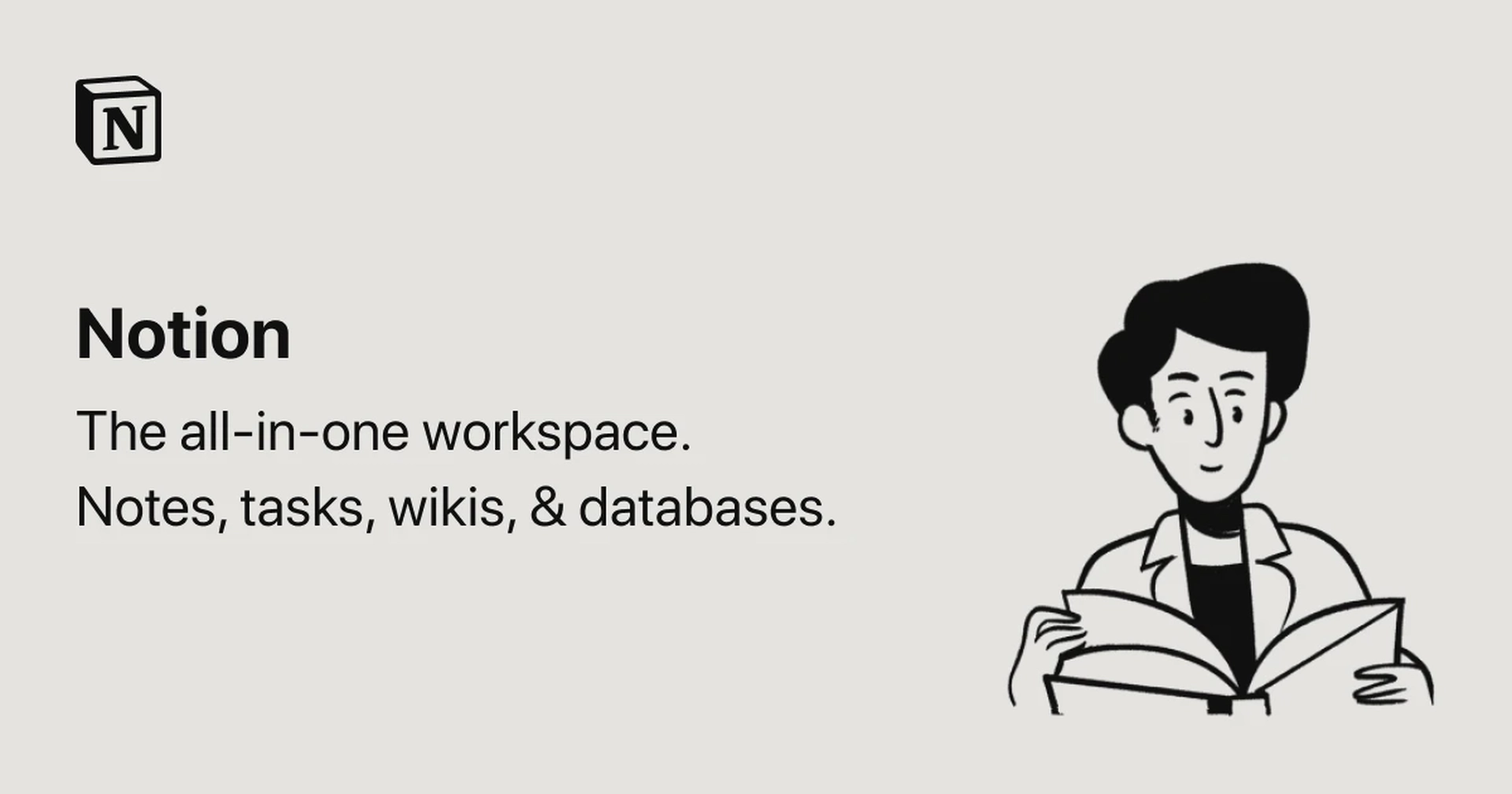
10 micro saas examples that are all built to integrate directly with Notion. For each of these examples, we’ll be taking a look at their self reported revenue, who they were founded by, as well as what the product does.
I think you really like number eight here, so make sure you stay until the end of the article.
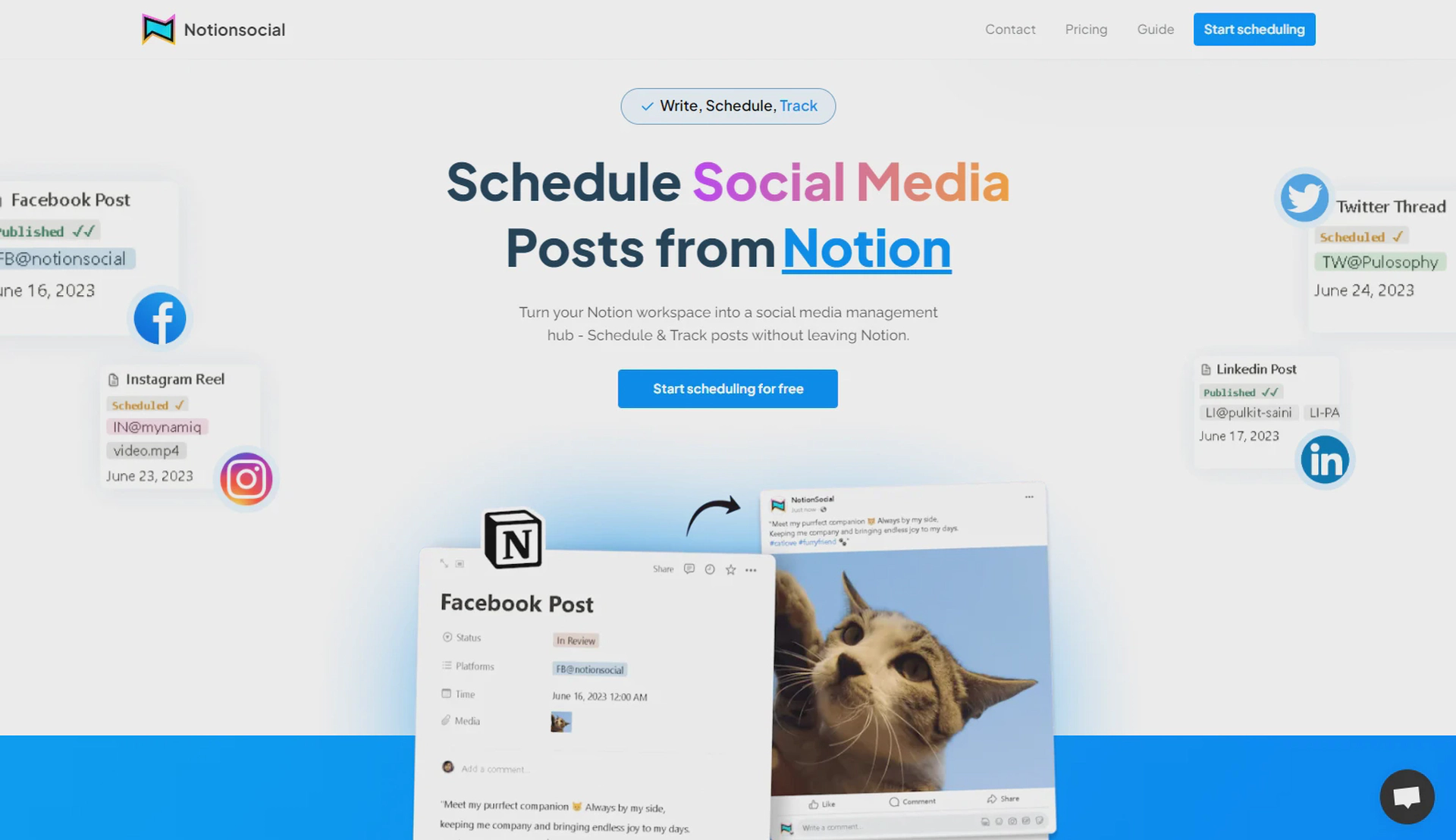
Let’s dive into our first example and it’s called Notion Social.
It does a self reported $2,400 a month and recurring revenue, and it was founded by Paul.
This product is going to allow you to schedule social media posts directly from notion, so you can turn your notion workspace into a social media management hub, allowing you to schedule and track posts without leaving notion, whether that’s videos, images or carousels.
In terms of how this product was launched, the founder went into notion based Facebook groups to start communicating with power users of notion and getting them to try out the product. This founder also started with no audience at the beginning of launching this product, and so they really were starting from scratch here. They have over 1300 users who are already scheduling posts and it just takes a few minutes to set up.
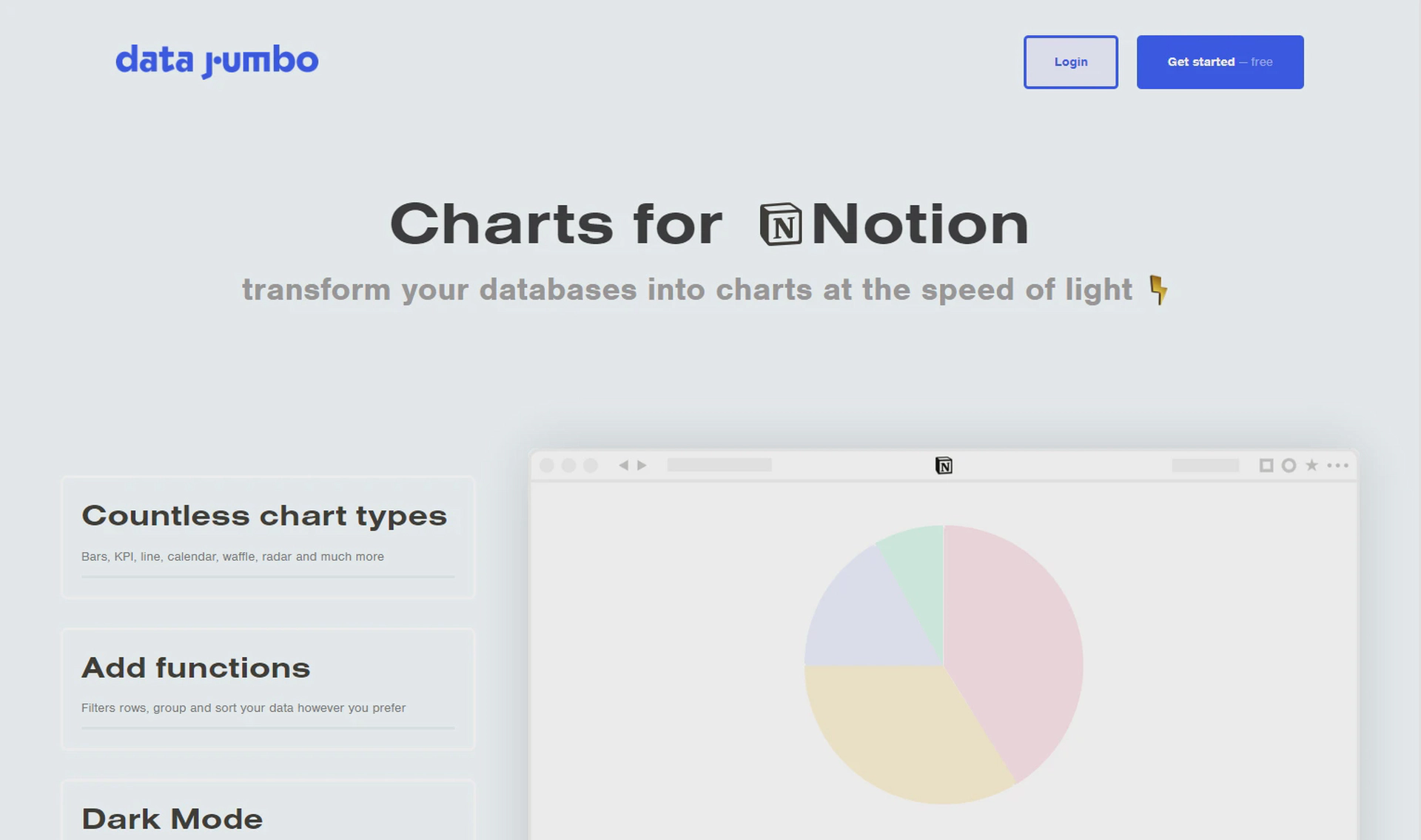
Our next micro saas example is called Data Jumbo. It does a self reported $800 a month in recurring revenue. And it was founded by Dan Santos.
The idea behind this tool was to make it super easy for companies to quickly and easily display data from their notion database. As realistically, it’s going to be so hard to understand trends from just data alone, and being able to visualize it and display it to your team is going to be super valuable and it’s going to utilize notion as that’s such a popular way to store data in terms of revenue generation. They’re going to charge on a monthly and yearly basis, and they’re also focused on enterprise plans.
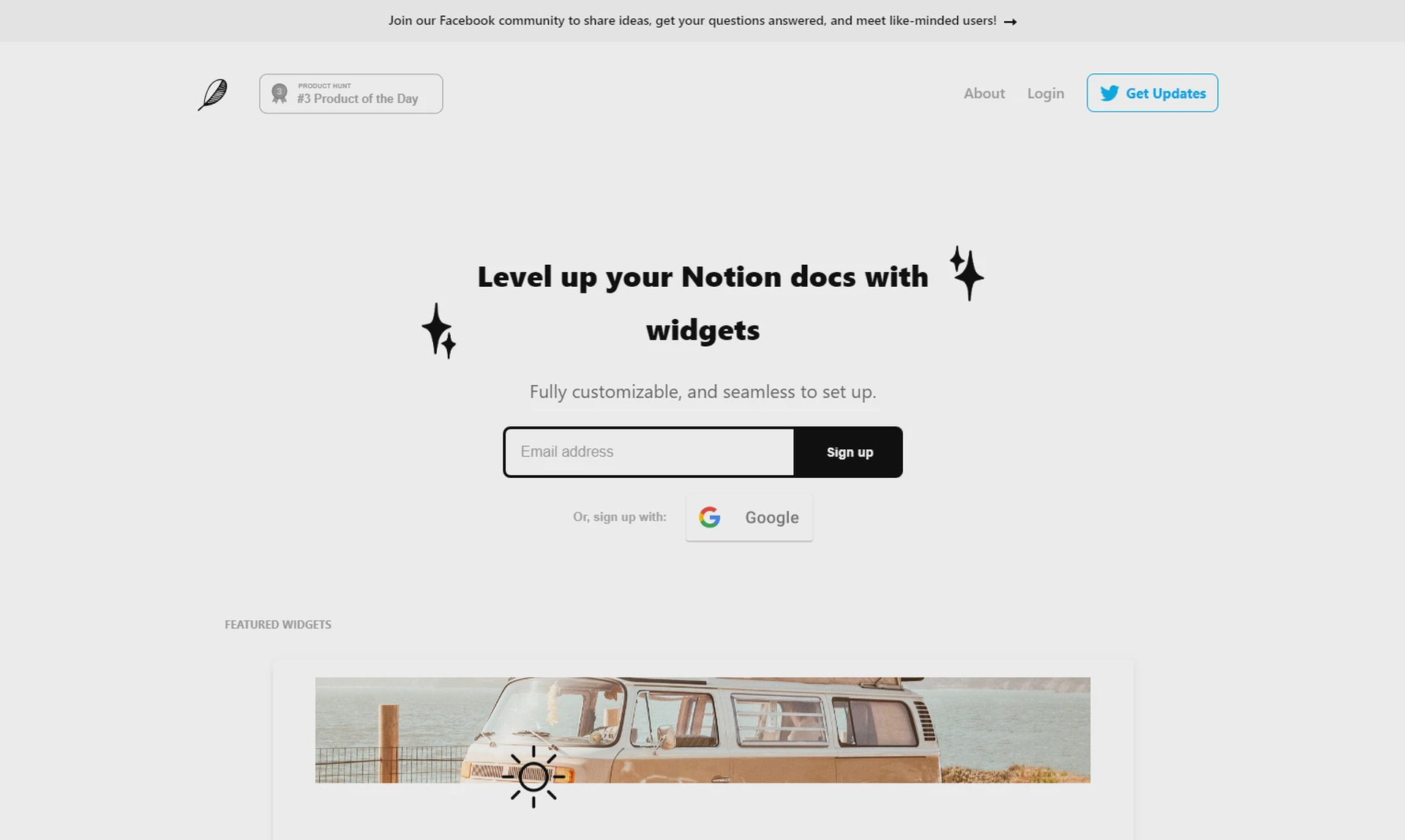
Notion widgets is our next example. Here it does a self reported $450 a month in recurring revenue. And this one was also founded by Daniel Santos.
So this product is going to include quite a few different apps in one product here, from Pomodoro for notion recurring tasks and different widgets, from a PayPal purchase button to a button widget. They’re also going to include quite a few pre built templates. So what they did here is they grouped a bunch of smaller products into one larger product.
They probably realized most people aren’t just looking for a like button, they’re willing to pay for that, but they might be looking for multiple different widgets and apps here. And so bundling them into one app will looks to been a really good idea for them.
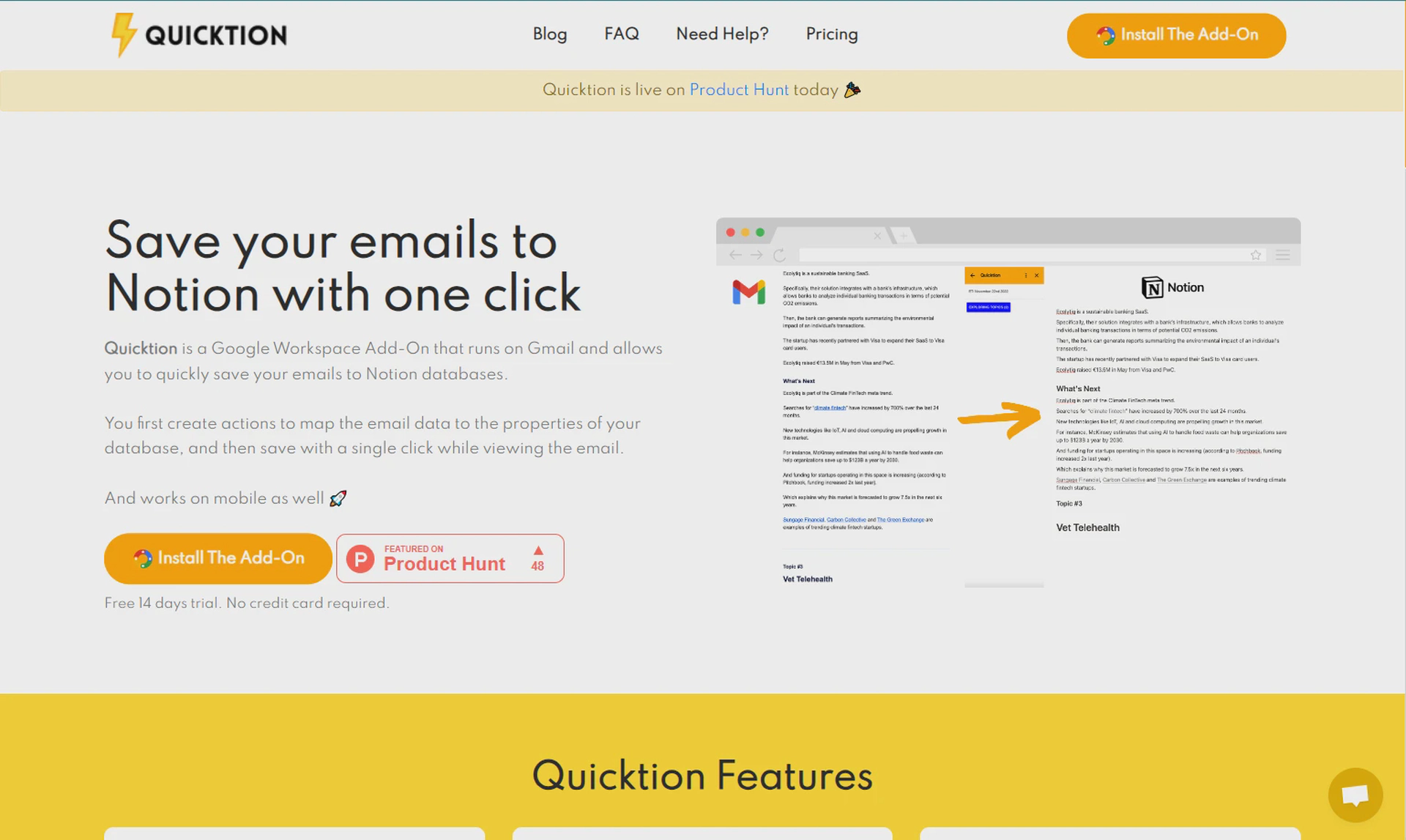
Our next example was founded by Leandro Zubecki, It’s called Quicktion.
It does a self reported $140 a month in recurring revenue, and it’s gonna allow you to save your emails to notion in just one click. It’s a Google workspace add on that runs on Gmail and allows you to quickly save them to your notion database.
You can also create actions to map the email data to the properties of your database to make them easy to find and filter later. When the founder first envisioned creating this product, they had envisioned a mobile app. But I think they did a really good job at scoping down rather than building an app that was going to save to a bunch of different databases.
This was going to be really expensive in terms of time to create and hard to distribute and harder to acquire new users. As it was going to be so broad, it was going to be hard to find a specific target demographic. So they focused on something that everyone cares about, and that is email.
And they already had experience building on Google workspaces and so they really pared down the features. We’re just using Gmail to send that data to notion.
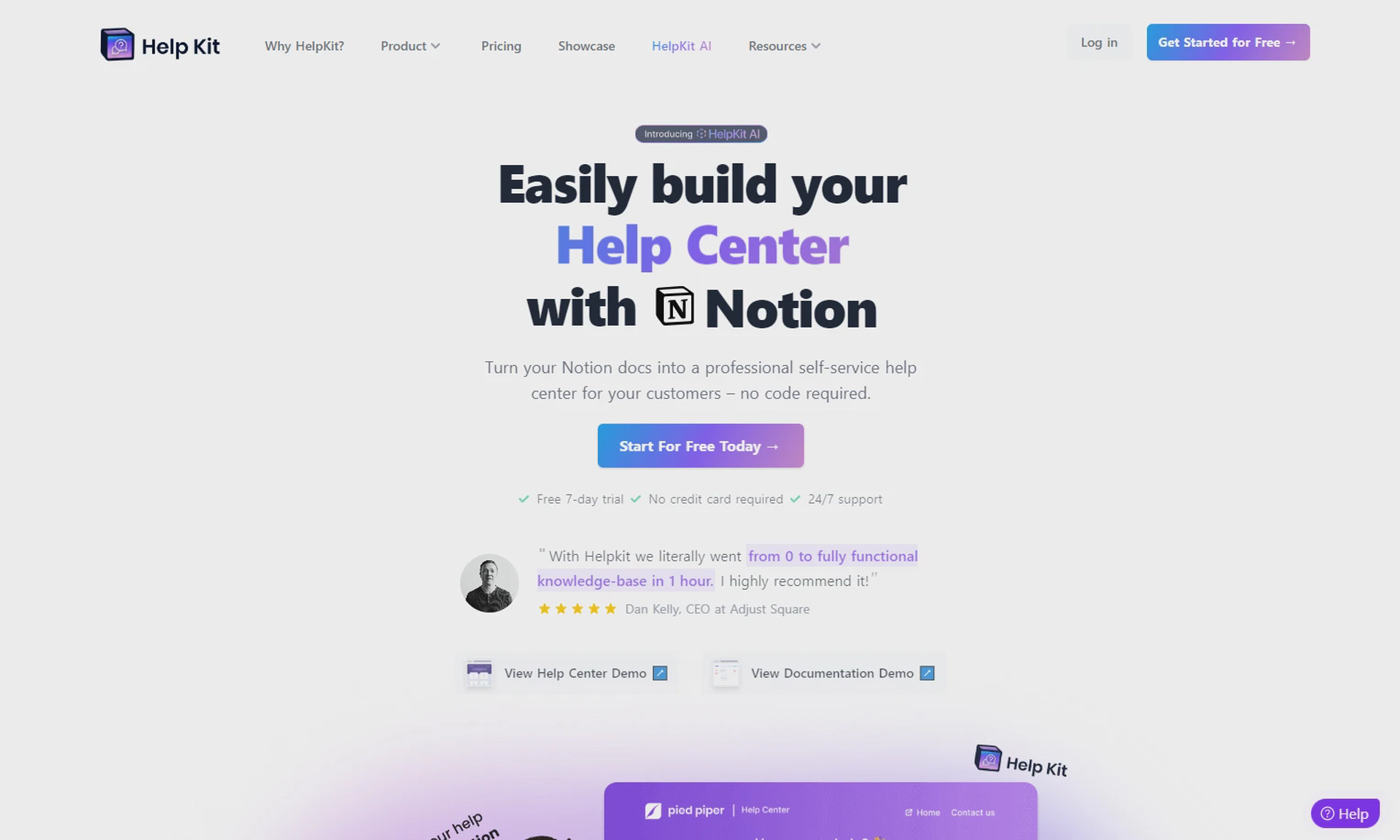
Next up, we have Helpkit , founded by Dominique Sobey, and it does a self reported $4,300 a month in recurring revenue.
And it’s gonna really make it easy to build your knowledge database using notion. So you can turn notion docs into a professional self service help center for your customers with no code required. You can do so on either a standalone center or an embeddable widget, as many companies already use notion for their knowledge base.
And so this is gonna make it super easy to convert this into a help center website or widget for your customers so they can go access that existing information you’ve already created. And it’s really building atop the fact that people love using notion already. And so help kit is gonna take advantage of that and make it super easy to integrate one of your existing favorite tools to build a knowledge base based exclusively on that.
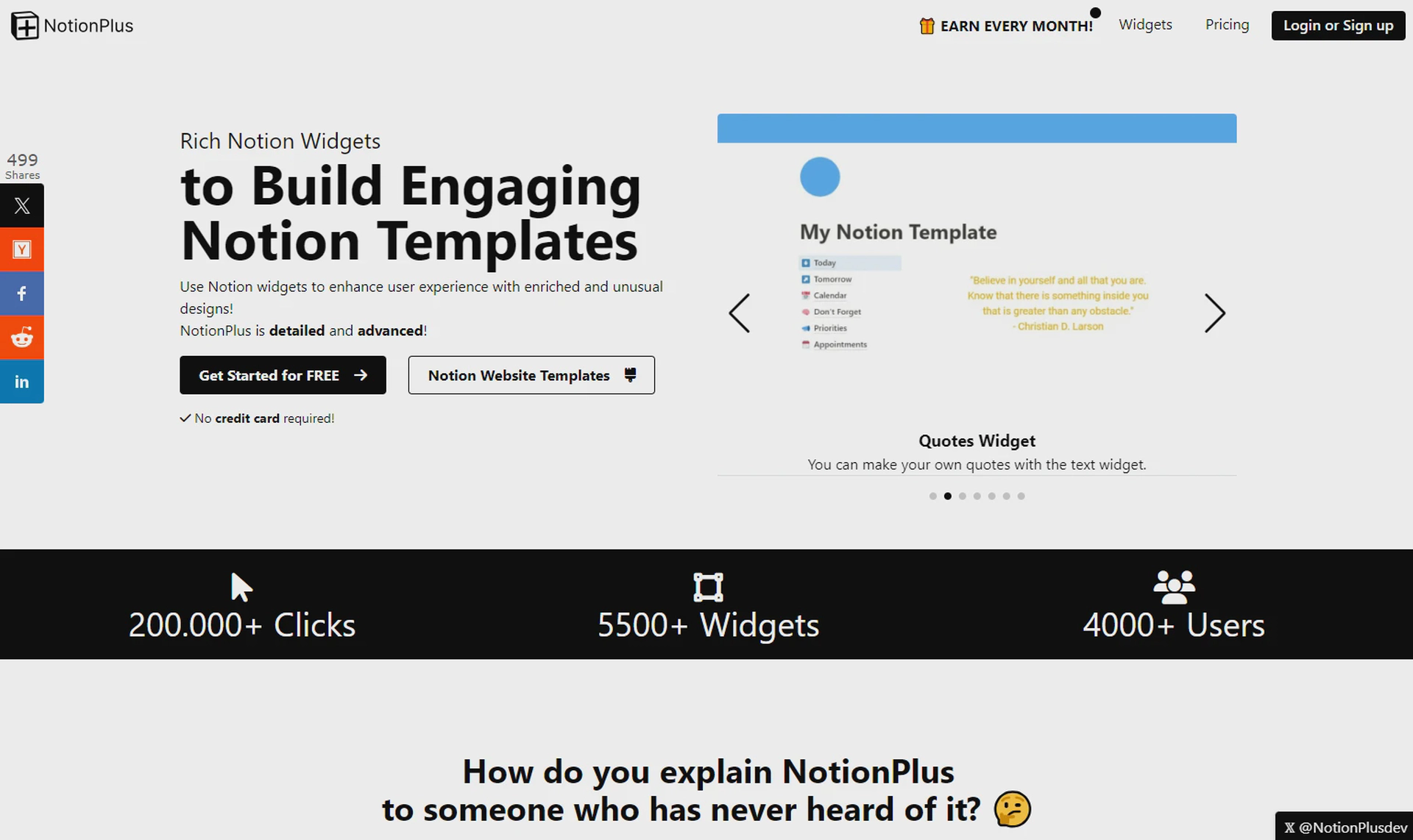
Our next example was founded by Uygur and it does a self reported $130 a month recurring revenue in this example is called Notion plus, and it’s going to allow you to use notion widgets to enhance user experience with enriched unusual designs. And it’s meant for notioners, professionals, as well as notion template creators. It’s going to include a ton of different widgets, and their most popular plan is meant for those who want to create their main income source by selling notion templates.
And it’s going to give you tons of different widgets you can add to those.
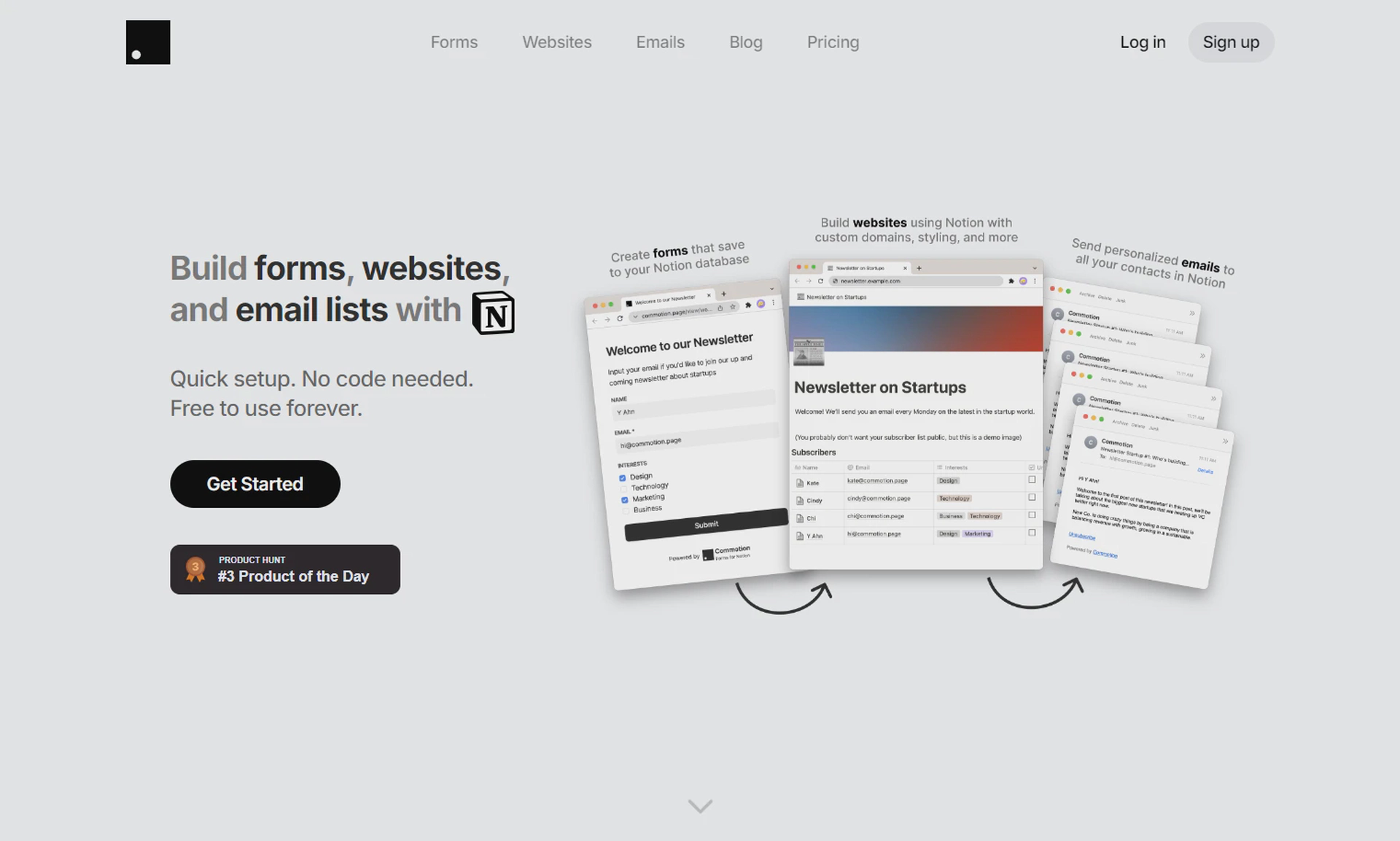
Next up, we have Commotion, It was founded by Ryan and it does a self reported $510 a month in recurring revenue.
And it’s going to allow you to build forms, websites, and email lists with notion, no code needed, and then hit the number three product hunt of the day. This tool is going to let you build so many things with notion, from modern forms to websites to email lists as well. And they went with the freemium pricing plan model with a free starter plan and a pro plan priced at $15 per month.
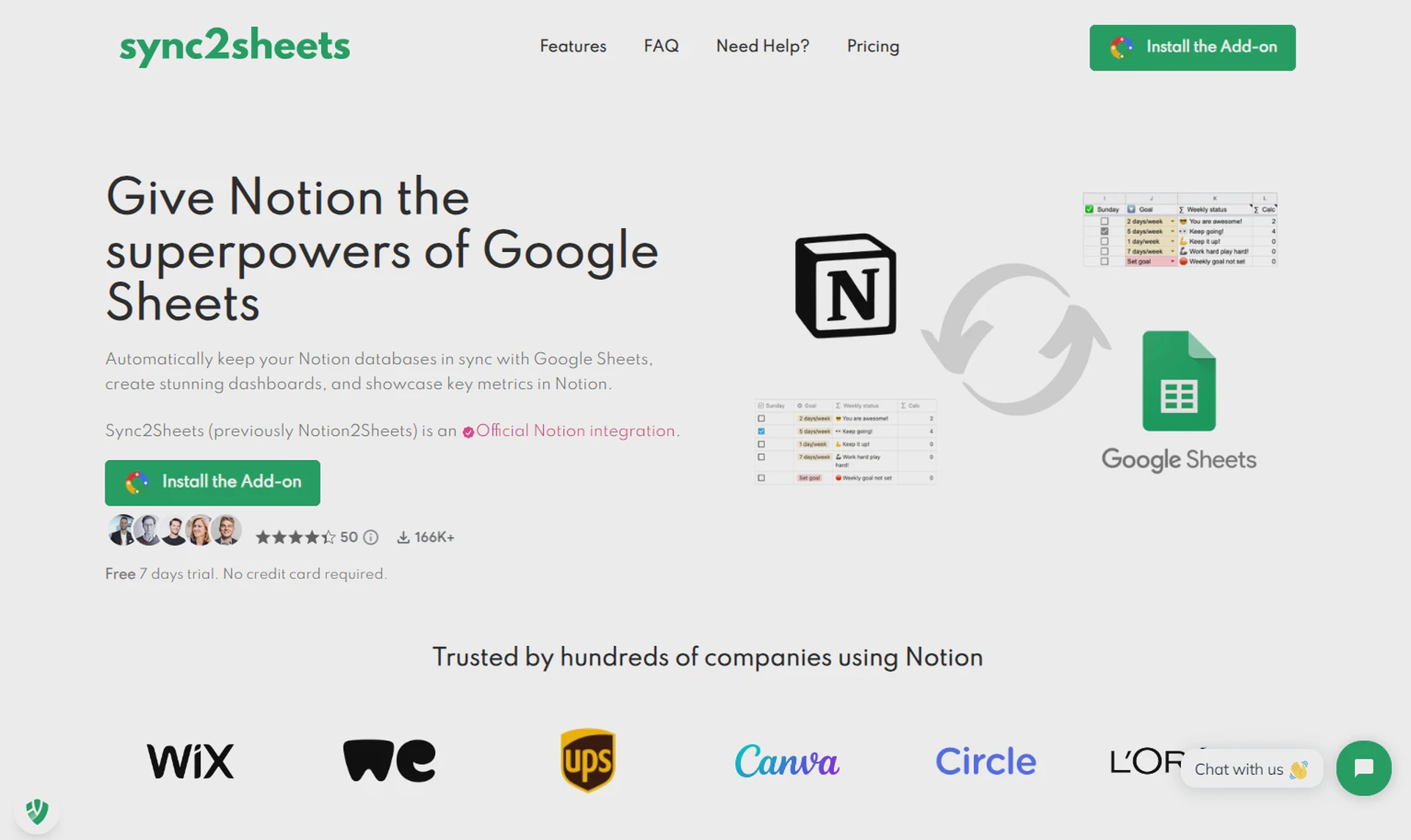
Next up, we have Sync2Sheets , which was also founded by Leandro. It does a self reported $8.3K a month in recurring revenue is going to allow you to give notion the superpowers of Google sheets.
And so it’s going to automatically let you keep your databases from notion and have them sync with Google sheets. So you can use sheets formulas to send data to notion, sync a sheet to a table, and even connect cells with notion blocks for dynamic dashboards. They’re now an official notion integration and they’re making data syncing a breeze for all different business sizes.
And they have some big ones here, such as Ups and Canva. And similar to the previous example we looked at, they’re also going to be a Google workspace marketplace add on in terms of revenue generation, it’s going to be on a monthly basis depending on the number of databases and tables you are looking for.
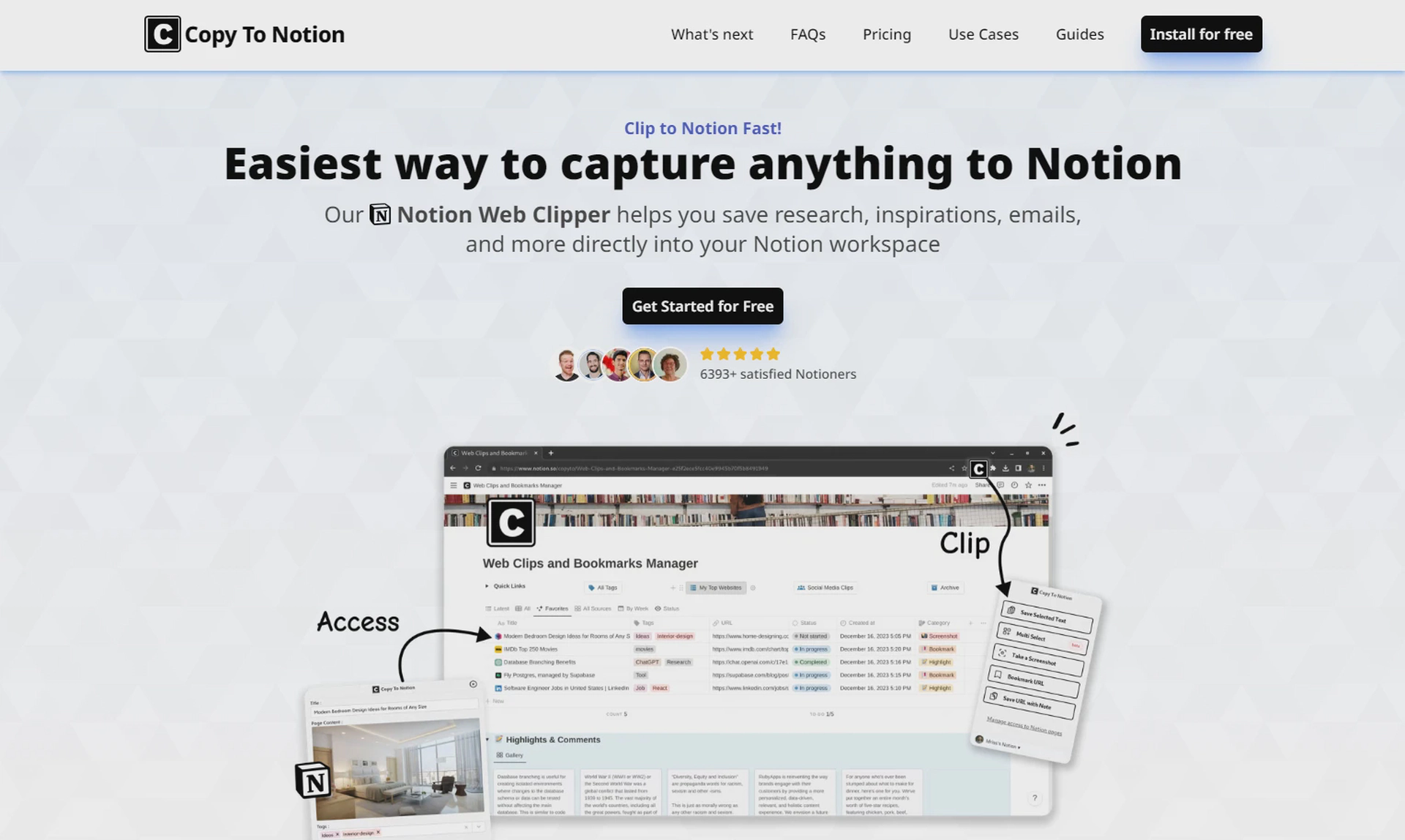
For our second last example, we have Copy to Notion does a self reported $38 a month in recurring revenue. It’s going to allow you to save online content to notion in a snap, so you can instantly capture, categorize, and keep track of web content, from gourmet recipes to important emails. They have over 5000 plus notioners using the product.
They’re going to have a pretty broad target demographic, from students, founders, researchers to marketers.
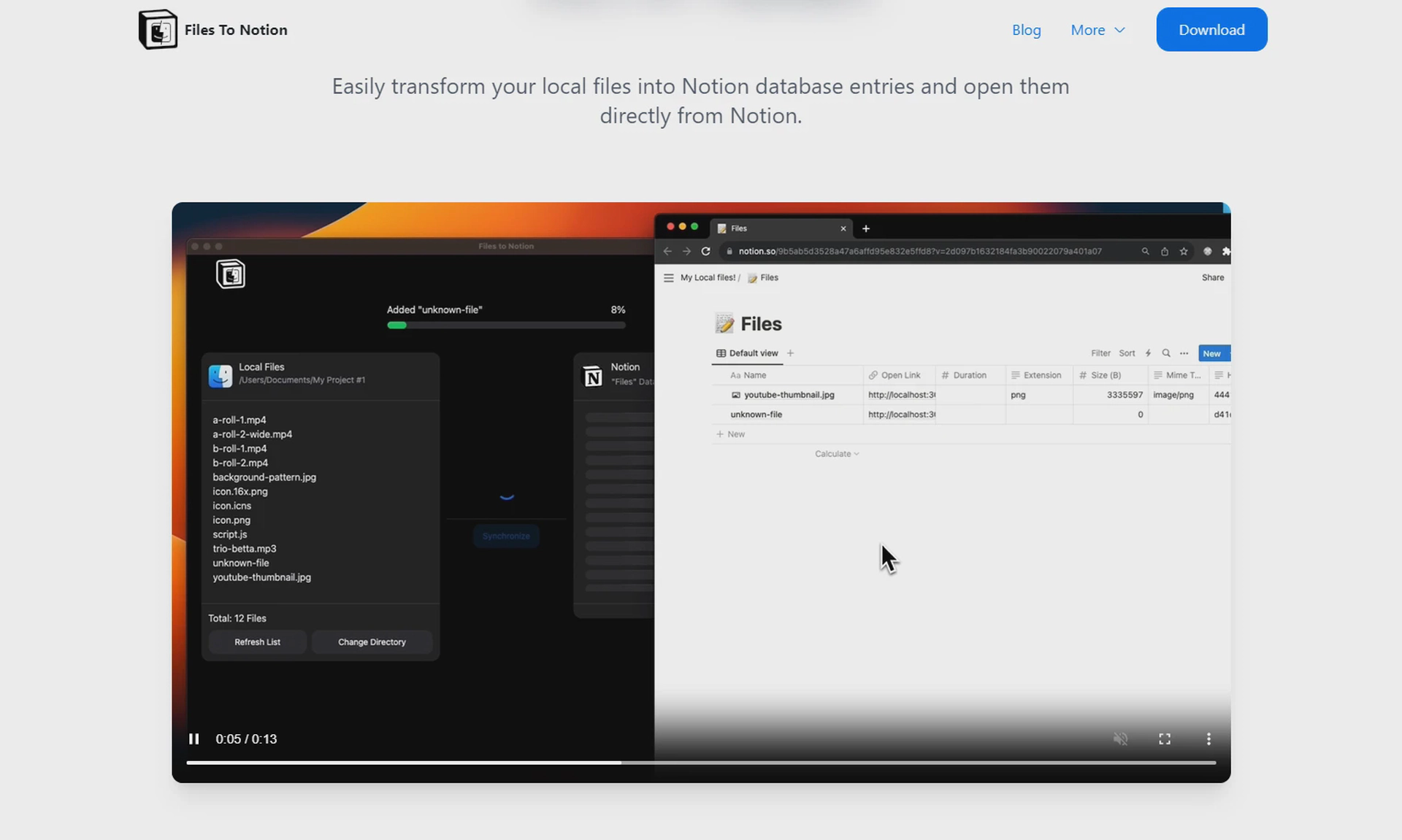
Our final example is going to be Files2Notion , so you can link to and organize your local files in notion as managing your local files in notion is not going to be possible out of the box, and they’ve had over 10,000 files synchronized so far. In terms of revenue, they’re doing a self reported $39 a month, and it’s going to populate your details automatically from the relevant file metadata, including the absolute path directory, path extension size, and more.
And it’s available as both a Mac and a Windows app with a completely free plan or a one time payment of $39.
👉Affiliate links
Encharge: Behaviour email marketing platform. Makes it super easy to create email flows based on customer actions.
Submit Juice: submit your SaaS to 152+ directories super fast. There is also an exclusive discount code for 10% off!
Notion: A new tool that blends your everyday work apps into one. It’s the all-in-one workspace for you and your team.
The growing ecosystem of micro SaaS products for Notion highlights the platform’s flexibility and the creativity of its user base. These tools address specific needs, enhancing Notion’s capabilities and allowing users to tailor their workspaces.
As Notion’s popularity increases, we can expect more innovative solutions to emerge, further expanding the platform’s potential for customization and productivity. This trend not only benefits Notion users but also presents opportunities for entrepreneurs to build successful niche businesses within the Notion ecosystem.

Top 13 Micro SaaS Ideas - Profitable Examples for 2024. That's going to give you some really good inspiration …

Ten B2B SaaS examples that I'm sure you're going to get some amazing inspiration from. For each of these …

Every year, there are new technologies that make a difference in the world. 2024 is turning out to be amazing …